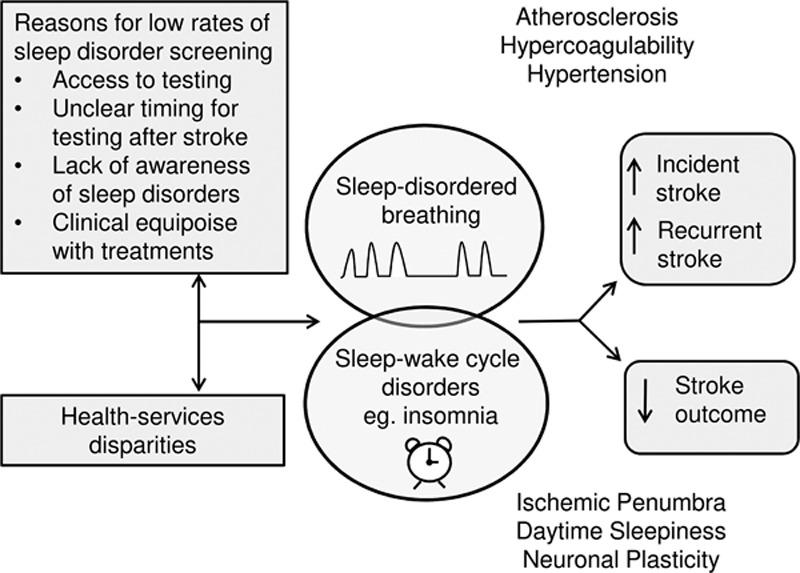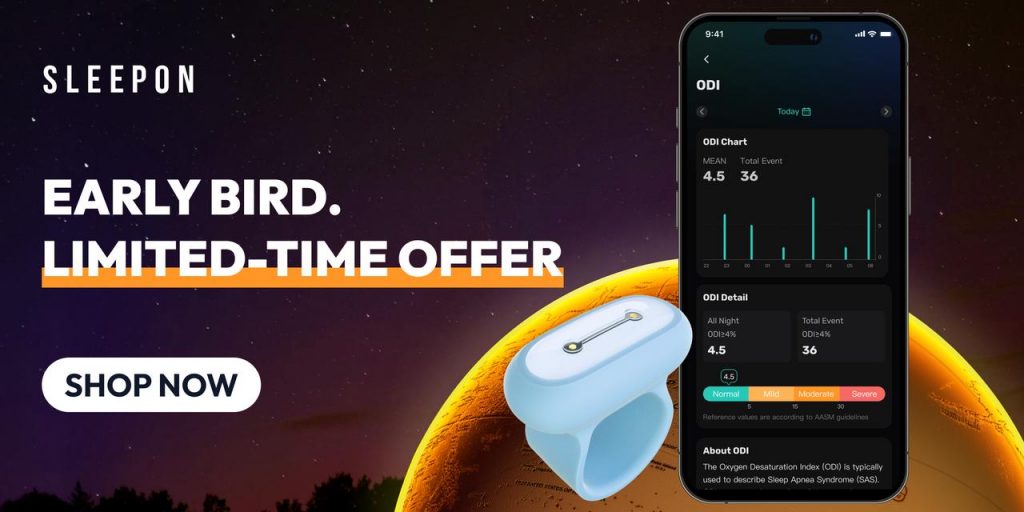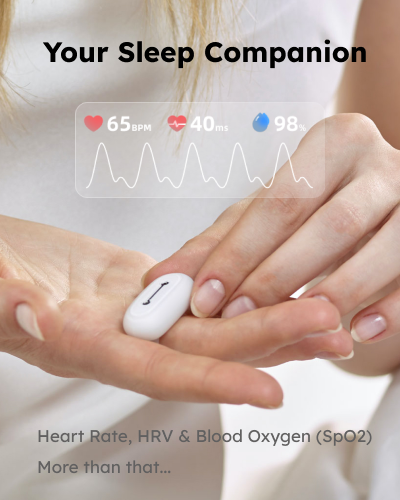The Role of OSA in Stroke Risk
Recent studies have established a strong association between OSA and various cardiovascular conditions, with stroke being one of the most concerning. During apneic episodes, oxygen levels in the blood drop, and carbon dioxide levels rise, triggering a cascade of physiological responses. These include increased blood pressure, heart rate variability, and systemic inflammation, all of which contribute to the development of atherosclerosis and arterial damage.
Early diagnosis and effective management of OSA are crucial in reducing the risk of stroke and other cardiovascular complications. Lifestyle modifications, such as weight loss, avoiding alcohol and sedatives before bedtime, and sleeping in positions that promote airway patency, also play a significant role in managing OSA and mitigating stroke risk.
The problem is, we still have barriers to Screening
The low rate of sleep disorder screening among stroke survivors is a major barrier to improving outcomes. Factors contributing to this include a lack of awareness and training among healthcare providers, as well as limited access to sleep testing facilities. Raising awareness about the importance of sleep health in stroke recovery and incorporating routine sleep screenings into post-stroke care protocols are essential steps toward addressing this issue.

Estimates suggest that more than 50% of stroke survivors suffer from sleep disorders, yet only about 6% are offered formal sleep testing, and a mere 2% complete such testing within the first three months post-stroke. This disparity can be attributed to a lack of awareness about sleep disorders among stroke care providers. The failure to recognize and address these disorders can significantly impact stroke recovery and recurrence rates.
OSA is a significant independent risk factor for stroke. Despite its high prevalence and substantial impact on stroke risk, OSA remains underdiagnosed and undertreated among stroke survivors. Increased awareness and routine screening for OSA in patients with stroke or at high risk for stroke are essential for improving outcomes. Using GO2SLEEP 3 for At-Home Sleep Monitoring, Manage Your Health Scientifically. Order Now!

Comments (2)
Leave a Reply Cancel reply
Recent Posts
ALL ARTICLES
Subscribe Us
Products
Company
Copyright © SLEEPON. All rights reserved.
SLEEPON keeps both Sleeponhealth and Sleepon.us due to the brand upgrading. We promise to provide the same products and service in both sites.








This post is a wonderful read—thank you for sharing!
Great creativity